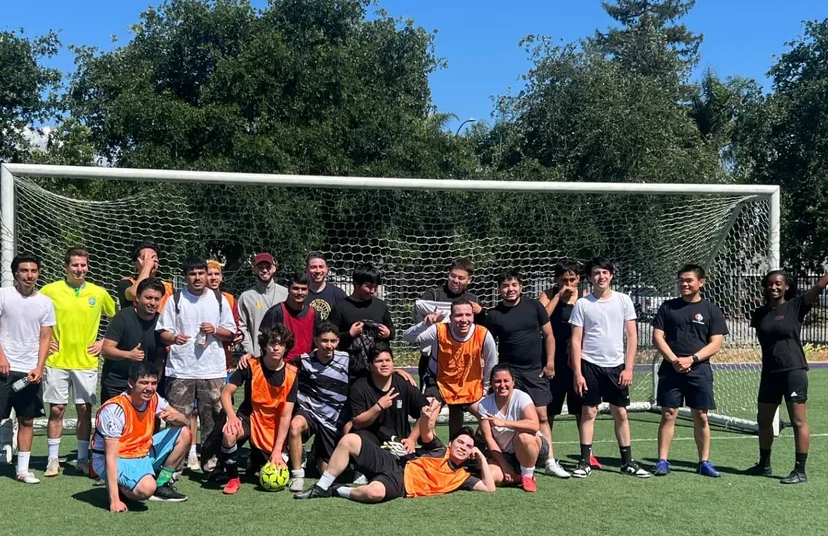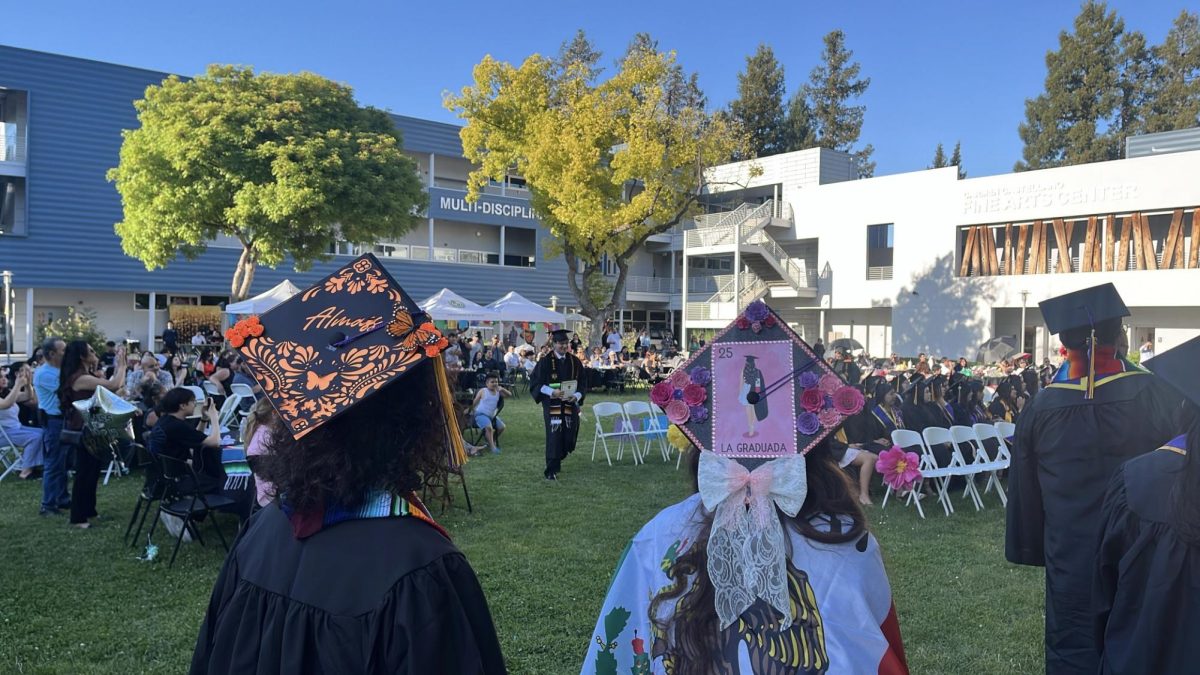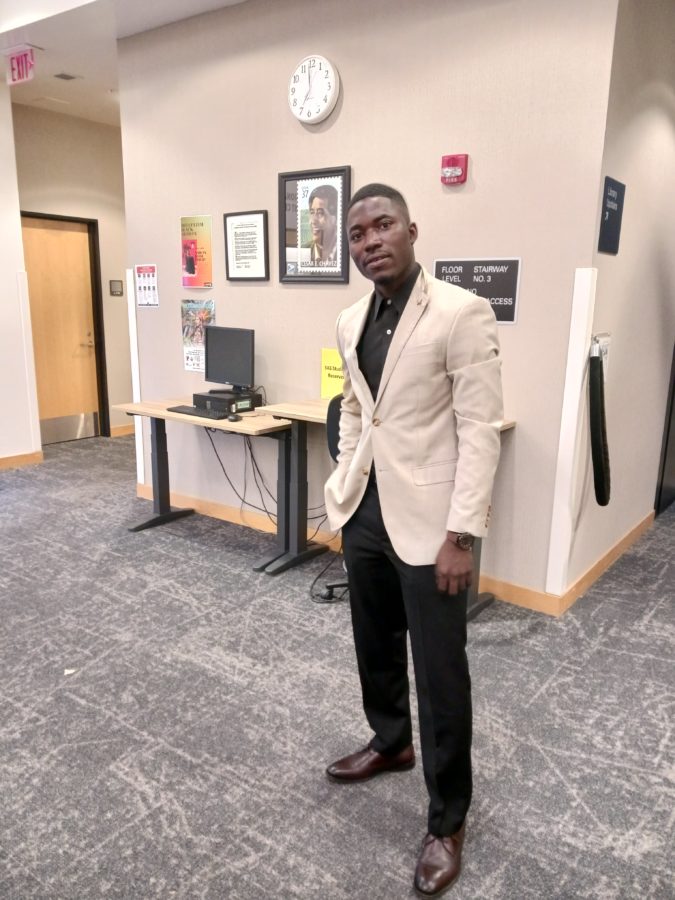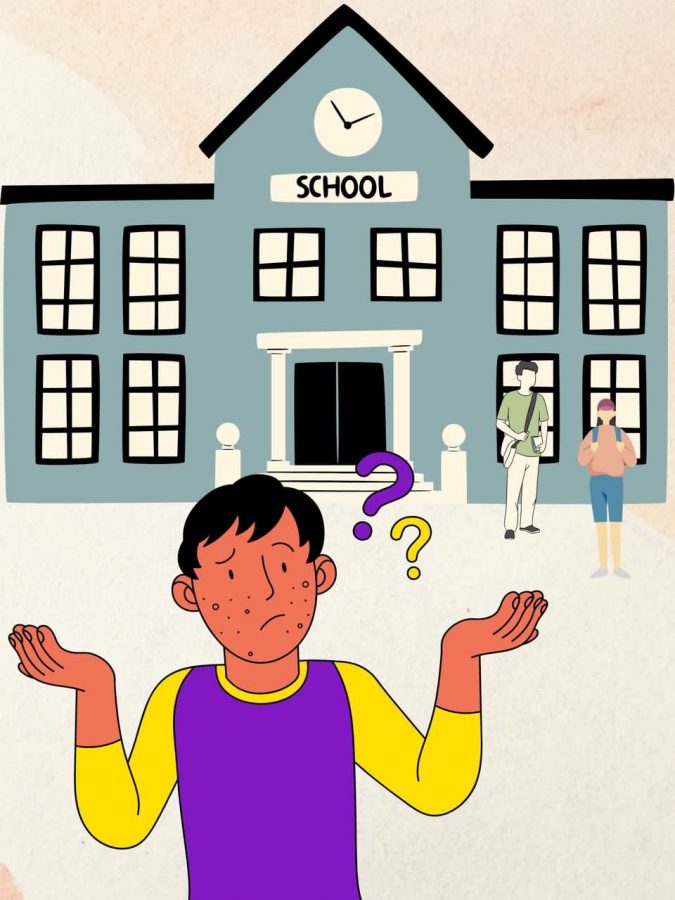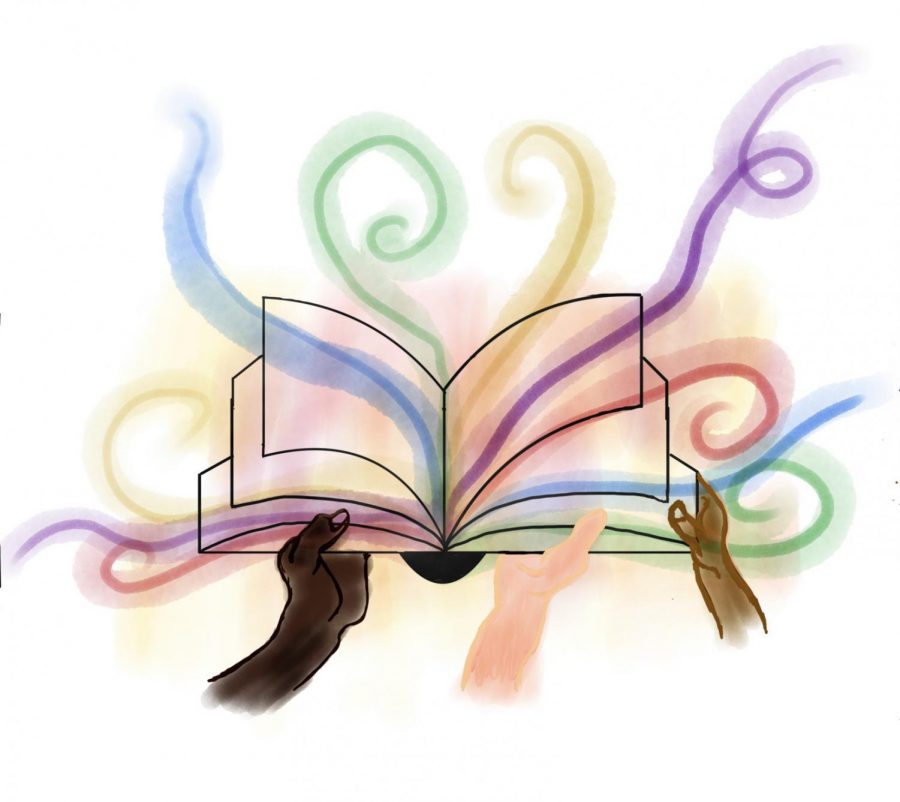Our mental health unfortunately falls last in place when it comes to prioritizing the important things. Why is that?
Stigma. A feeling of disgrace associated with a particular circumstance, quality, or person.
I live with depression. Before I could even admit that to myself let alone write it out into the world, I often would think to myself, “this quality surely is what explains my crazy.”
Okay, I definitely did not call it a quality. Depression, anxiety, suicidal thoughts, dementia, anorexia, bipolarism: these are not viewed as qualities. They have for so long only been felt with disgrace.
Again, why is that?
The qualities above have subcategories that range on a very wide spectrum and have for the most part has always been referred to as mental illnesses. And mental illnesses for the most part have always been referred and viewed as crazy.
Crazy is used very loosely. It should not be. We should stop grouping feelings, emotions, and psychological disorders into just one word. In the same way we stopped using an orientation to describe anything seen as uncool.
It is damaging because it is incorrect and it hinders us all. Many of us deal with some form or type of mental illness and you don’t have to go very far or ask very many to find this to be true.
SJCC provides a service that can help.
Crisbel Soto, 18, Psychology major courageously shares, “I went to visit the Case Manager, Sophia, she was very helpful, she made me feel very comfortable and provided me with a lot of resources.”
Case Management is a service which aims to connect students to a wide range of resources on and off campus.
Sophia De la Fuente, whose office is inside the Student Health Center, joined the new position of Case Manager last semester.
“(I feel) passionate about working with families and communities… especially in the area of mental health,” De la Fuente said. “It does carry a lot of stigma, what we know, research shows it is so important for everything: academics, career, family.”



